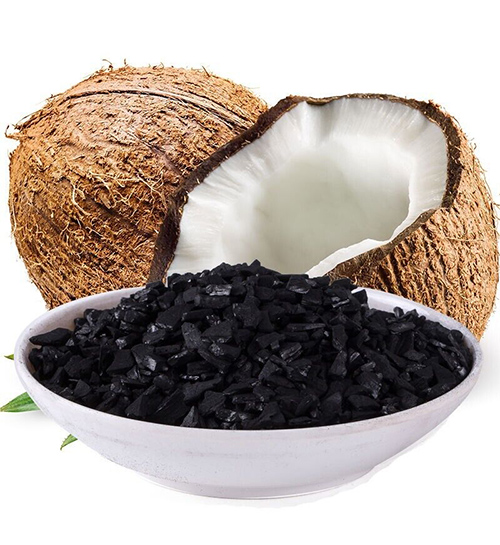Activated carbon is a versatile adsorbent widely used in various industries for purification, filtration, and separation processes. Among its numerous sources, coconut shells have gained significant attention as a sustainable and efficient raw material for producing high-quality activated carbon. This essay explores the applications and benefits of coconut shell-based activated carbon, highlighting its environmental significance and economic viability.
Water Treatment: One of the prominent applications of coconut shell-based activated carbon is in water treatment processes. It effectively removes impurities, organic contaminants, and heavy metals, ensuring clean and safe drinking water. The porous structure and large surface area of coconut shell-based activated carbon enhance its adsorption capacity, making it an ideal choice for water purification.
Air Filtration: Coconut shell-based activated carbon is extensively used in air purification systems. It efficiently traps and eliminates volatile organic compounds (VOCs), odors, and airborne pollutants. Its adsorption properties allow it to remove harmful gases, such as carbon monoxide, nitrogen dioxide, and sulfur dioxide, making it crucial for maintaining indoor air quality in commercial and residential settings.

Food and Beverage Industry: Activated carbon derived from coconut shells finds application in the food and beverage industry. It acts as a decolorizing agent, removing impurities and unwanted odors from edible oils, beverages, and food products. Additionally, it is employed in the purification of sugar syrups, ensuring high-quality and clear syrup for various confectionery and beverage manufacturing processes.
Pharmaceutical Industry: Coconut shell-based activated carbon is widely used in pharmaceutical applications. It serves as an excellent adsorbent in the production of drugs, where it eliminates unwanted impurities, colorants, and traces of heavy metals. The high purity and porosity of coconut shell-based activated carbon make it a preferred choice for pharmaceutical manufacturers to ensure product quality and safety.
Environmental Remediation: Coconut shell-based activated carbon plays a vital role in environmental remediation efforts. It aids in the removal of pollutants and toxins from soil, groundwater, and industrial effluents. The adsorption properties of activated carbon help mitigate the impact of chemical spills, industrial wastewater, and soil contamination, contributing to the restoration and protection of ecosystems.
The utilization of coconut shell-based activated carbon offers several advantages. Firstly, it is a renewable and sustainable resource, as coconut shells are abundantly available as agricultural waste. By repurposing these shells into activated carbon, the environmental impact of waste disposal is reduced. Additionally, coconut shell-based activated carbon exhibits superior adsorption characteristics due to its unique physical and chemical properties.
Moreover, the production of activated carbon from coconut shells provides economic benefits to coconut-producing regions, fostering job creation and economic growth. This further strengthens the case for its widespread adoption in various industries.
In conclusion, coconut shell-based activated carbon proves to be a valuable and versatile adsorbent. Its applications range from water treatment and air filtration to the food and pharmaceutical industries, as well as environmental remediation. With its renewable nature, excellent adsorption capabilities, and economic viability, coconut shell-based activated carbon stands as a sustainable solution for diverse purification and filtration needs across industries, promoting a cleaner and healthier environment.